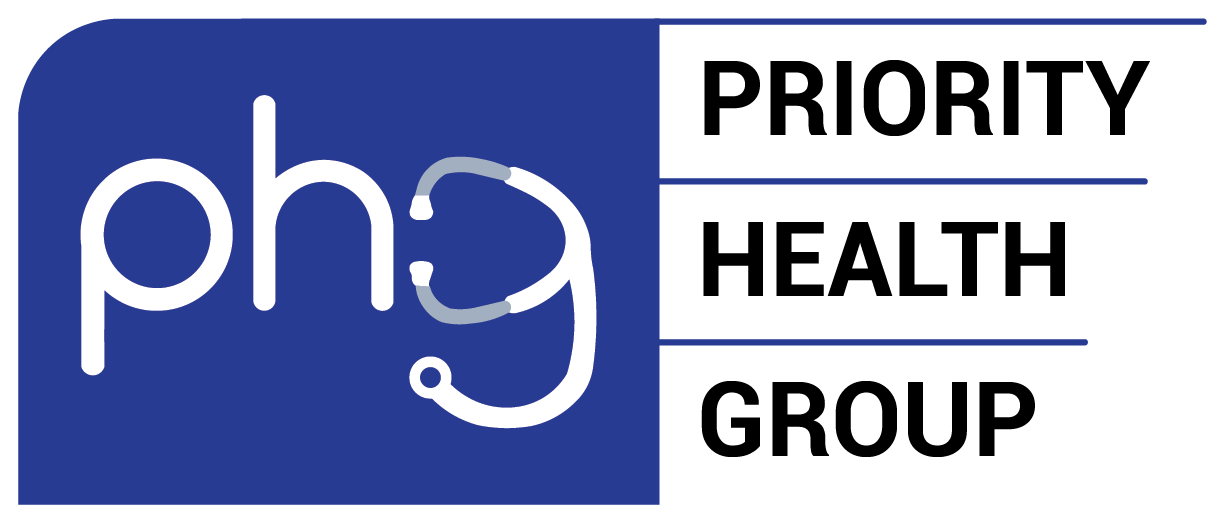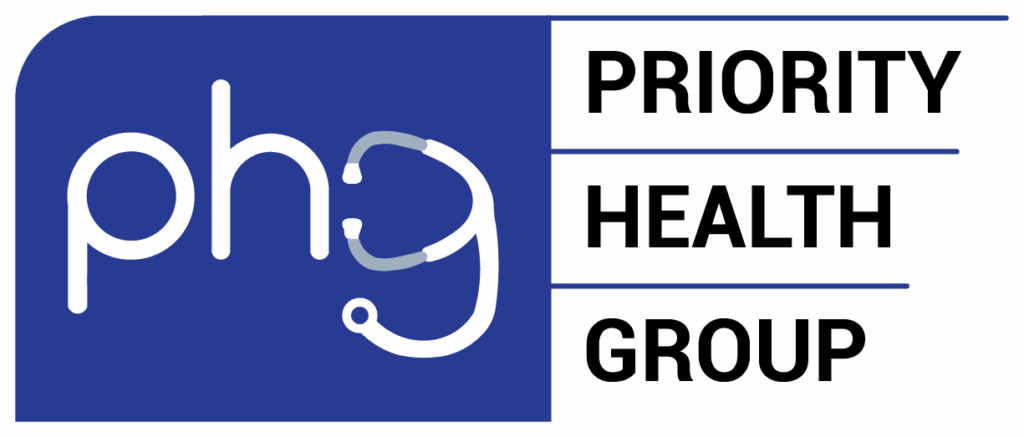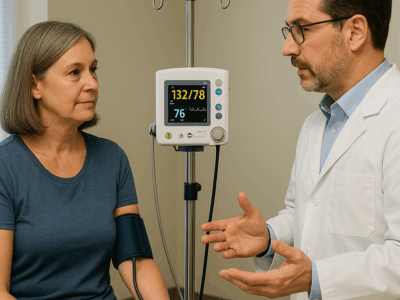Hypertension Management
When the force of your blood pushing against the walls of your arteries is too great, you’re diagnosed with hypertension, also known as high blood pressure. High blood pressure can put undue stress on your body and increase your risk of developing heart attack and stroke. Regular visits to Priority Health Group in Las Vegas can alert you to changes in your blood pressure that require medical management. If you’ve already been diagnosed with hypertension, it’s essential to have it managed by an expert internal medicine or family medicine specialist.
Hypertension Management Program Q & A
What measurements are considered high blood pressure?
Blood pressure is presented as two numbers. The top number is your systolic pressure or the pressure that occurs when your heart beats pumping the blood. The lower number is the diastolic pressure, which measures pressure between heartbeats. Usually, the number on top is higher than the lower number.
Blood pressure measurements and classifications are as follows:
- Normal is 119/79 or lower
- Prehypertension is 120-139/80-89
- High blood pressure is 140/90 or higher
Prehypertension means you’re at an elevated risk of developing hypertension and should take steps to prevent it.
What are the symptoms of high blood pressure?
Hypertension is often called the “silent killer” because it’s largely symptomless. One in every six people with high blood pressure doesn’t know they have it, which is why it’s important to have blood pressure regularly measured at your annual exams with one of our providers. Who is at risk of developing hypertension?
You’re at a greater risk of developing high blood pressure if you have a family history of the disease. Your risk also rises as you age. Hypertension usually develops over time, so it’s important to watch trends in your blood pressure readings.
These lifestyle habits also increase your risk of hypertension:
- Sedentary lifestyle
- Unhealthy diet, especially if it’s high in sodium
- Excessive alcohol use
- Being overweight or obese
Stress, as well as smoking or other tobacco use, may also raise your risk.
How is hypertension treated?
Our healthcare providers monitor your blood pressure level regularly once you’ve been diagnosed with hypertension. We may prescribe medications to help you bring your blood pressure down, along with lifestyle changes that include more physical activity and healthier eating habits. We may recommend you lose weight and reduce your intake of alcohol and high-sodium foods.
What happens if my hypertension is not well-controlled?
When hypertension is unmanaged, it can have dire consequences. These include:
- Heart attack or stroke
- Heart failure
- Metabolic syndrome, which is a precursor to type 2 diabetes
- Memory troubles
- Kidney failure
You’re also at increased risk of an aneurysm, in which the increased pressure from your blood weakens your blood vessels and causes them to bulge. A ruptured aneurysm can be fatal.


